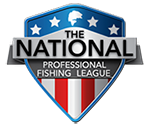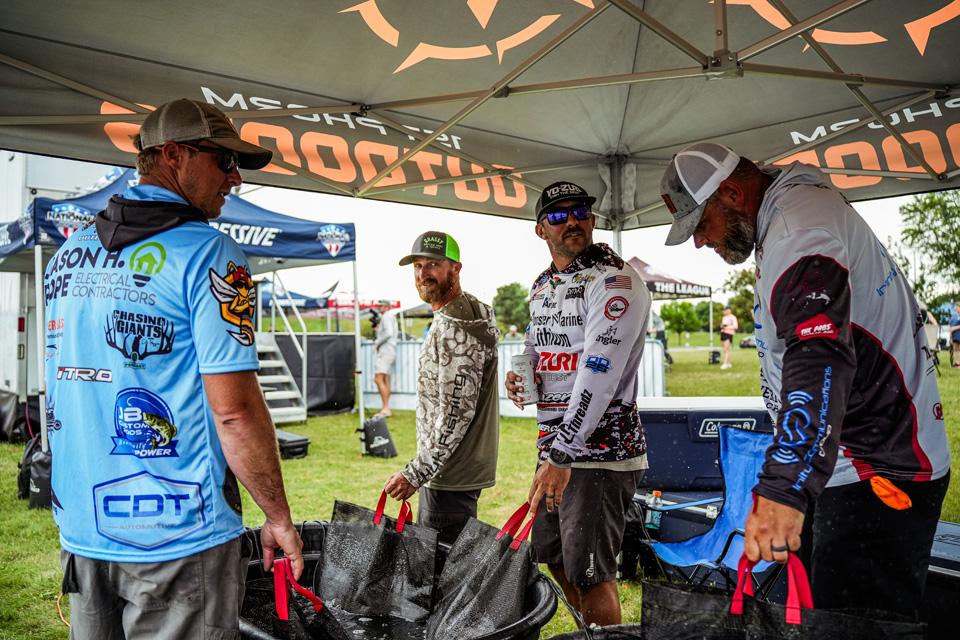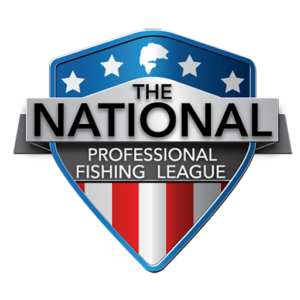Story by Ken Duke | Photos by Tanner & Travis Lyons
Are you a sports person? Do you watch a lot of stick-and-ball games?
If you are and if you do, you certainly understand the role that body types play in “big time” sports.
Basketball players are tall. Gymnasts are short. Swimmers are long. Distance runners are lean. Where there are exceptions, they are so exceptional that they are big news. And where there are exceptions, it’s rare that those exceptions are truly standout performers at the highest level. Spud Webb was 5-foot-6 and had a 12-year NBA career, but he never made an All-Star team, and he’s not on anyone’s Hall of Fame ballot.
Some sports are more egalitarian. Baseball welcomes lots of different body types, but even baseball selects for and against certain traits. You will not find a left-handed catcher, second baseman, third baseman, or shortstop playing in the major leagues. Every left-handed player is either a pitcher, first baseman, or outfielder.
Highly developed sports abhor outliers.
The “big-time” sports have evolved through generations to select for some traits and against others. They’ve been able to do so because (a) they’ve been around for many generations now and (b) there’s an incredible amount of money to be made for those who rise to the highest levels. It leads to specialization.
What about professional bass fishing? Are there physical traits that offer an advantage to the “athletes” in our sport … and are those traits already showing up and causing the sport to evolve?
In my opinion, the answers to those questions are “Maybe” … and “No.” Despite the way we may think of it, bass fishing is a “generalist” sport, not a specialist sport. To be successful at the highest level, you need to catch them in all four seasons, shallow or deep, on lakes, reservoirs and rivers, using a variety of baits. Our sport may be limited to one genus, but it’s nearly unlimited when it comes to how it is practiced.
Do Certain Physical Traits Offer an Advantage in Bass Fishing?
Bass fishing at its highest competitive level has a certain level of physicality to it that is not as apparent as with other sports. Things like casting ability require high levels of hand-eye coordination and muscle memory, but equipment selection and optimization can counterbalance any advantage that being tall or short, fat or thin might afford. What’s more, the most important factors in tournament bass fishing success are more mental than physical, with finding quality fish in numbers being perhaps the most important skill of all.
Do flippers and pitchers have an edge if they’re tall? Maybe. A tall person using a long rod certainly has a range advantage, but casting distance or range is rarely the critical factor that separates success and failure. It’s not the difference between a 90-mph fastball and a 100-mph fastball.
Do quick reflexes give an angler a material advantage in setting the hook? Again, “Maybe,” but scientific experts have shown that a fast trigger can cost you fish. And a lot of that can be compensated for through rod and line selection.
To a significant degree, bass fishing gear is designed to compensate for our physical shortcomings rather than to magnify them, as with other sports. Need a longer cast? Use a longer rod or a lighter line or a heavier bait. Need more power in your hookset? Use a heavier rod or braided line. But in the NFL if you’re a quarterback with small hands, you can’t opt for a smaller ball. You’re out of luck … maybe out of the league.
If you’re in the NBA and have a poor vertical leap, they don’t lower the basket for you, but in fishing you can choose to get closer to your target … and your trolling motor and shallow water anchor are specially designed to make that maneuver easy, swift, and silent.
Proper selection and mastery of our equipment go a long way to leveling the playing field of competitive fishing. That includes the sophisticated electronics available today. For generations, it was universally believed that there was simply no substitute for time on the water when it came to developing a successful tournament bass angler.
That’s no longer true. Today’s electronics have cut that learning curve down so much that today’s teens, trained on iPhones and forward-facing sonar, may have a significant advantage over older, highly skilled anglers born a generation or two too late to have been swaddled in such technology.
It’s a reason I like the NPFL’s decision to prohibit forward-facing sonar and Major League Fishing’s decision to significantly limit its use. While I love what the technology has taught us about bass behavior, it was specializing the sport in a way that’s ultimately limiting to the industry and unattractive to many fans.
Is Our Sport Selecting for Physical Traits?
I do not believe that professional bass fishing is selecting for certain physical traits, like body type or size, and I think that’s true for one simple reason: Money … or the relative lack of it.
As is too often the case in life, following the money can give us a lot of answers in the fishing world. It explains almost every business decision and it explains why there’s such a variety of body types on the top tournament trails.
There’s just not enough prize money in our sport to specialize that way. If there were, aspiring pros would start earlier, train harder, eat better, have their own sports psychiatrists and agents, and become even more specialized.
The top pitchers and flippers would average 6-foot-4, the best deep crankers would have forearms like Popeye’s, and premier scopers would be under 5 feet tall and extremely nearsighted (to better see the screen).
Maybe one day that will happen. Until it does, our most successful “athletes” will be generalists with body types that run the gamut. Bass fishing is a generalist sport, and that’s a great thing.





